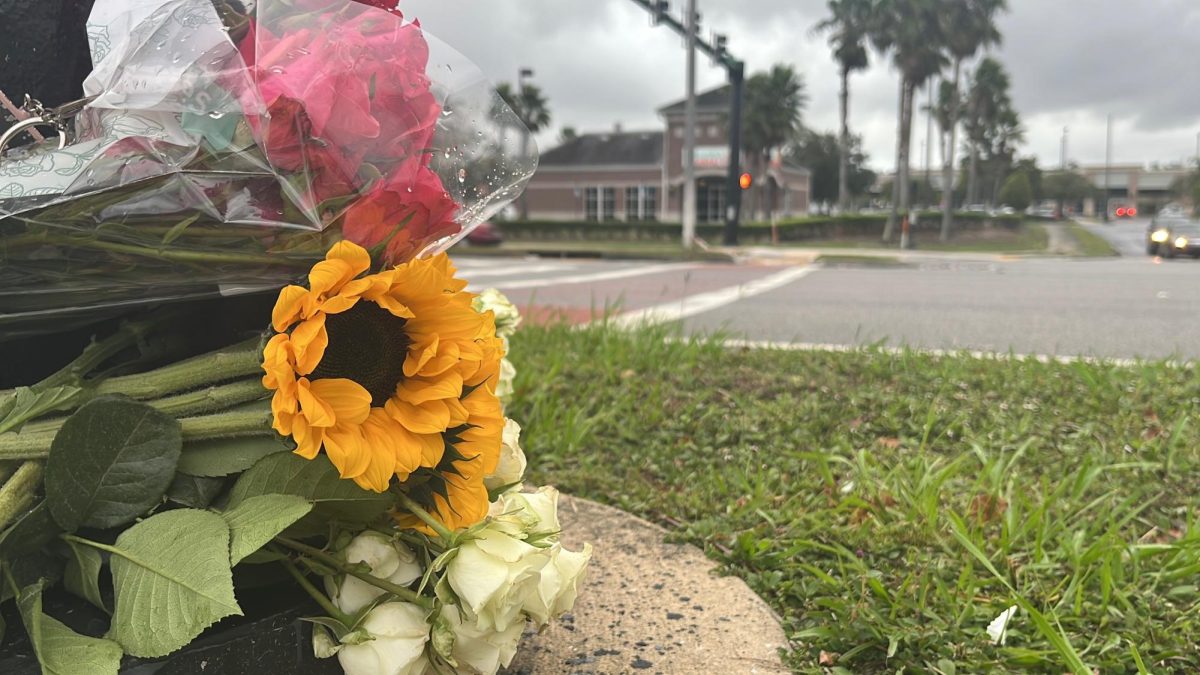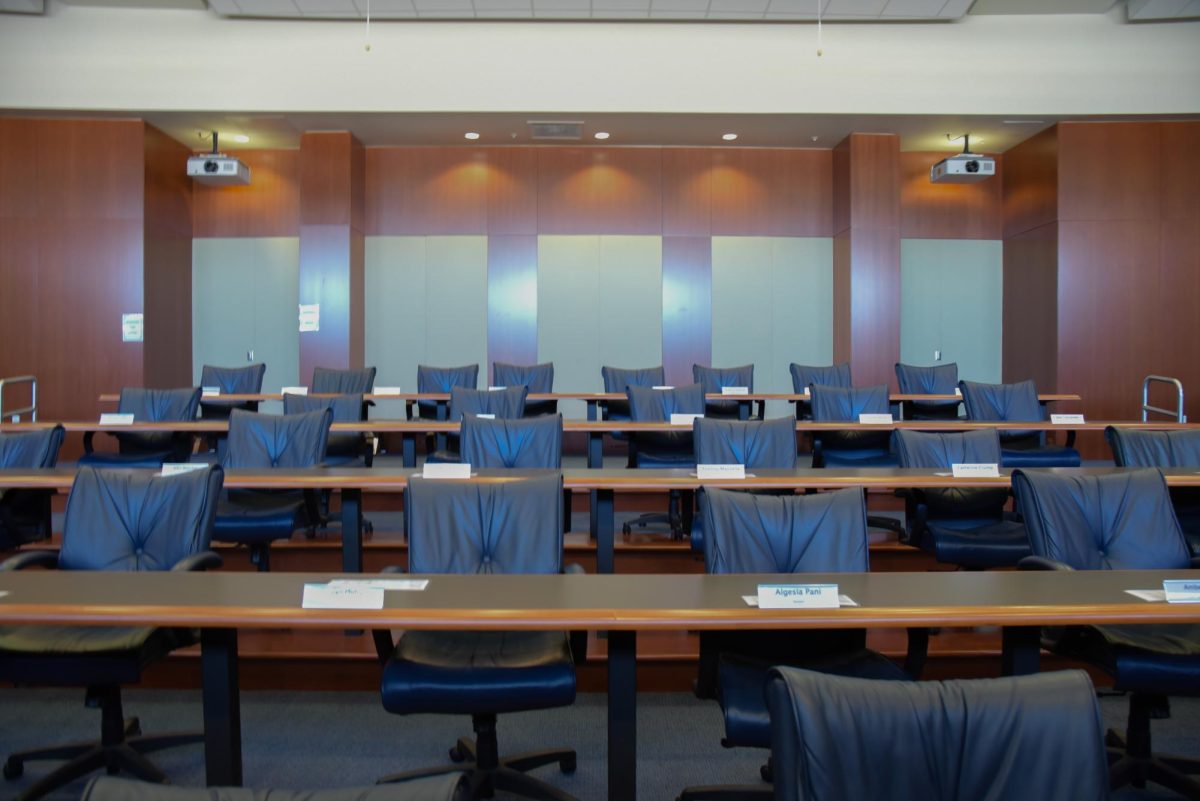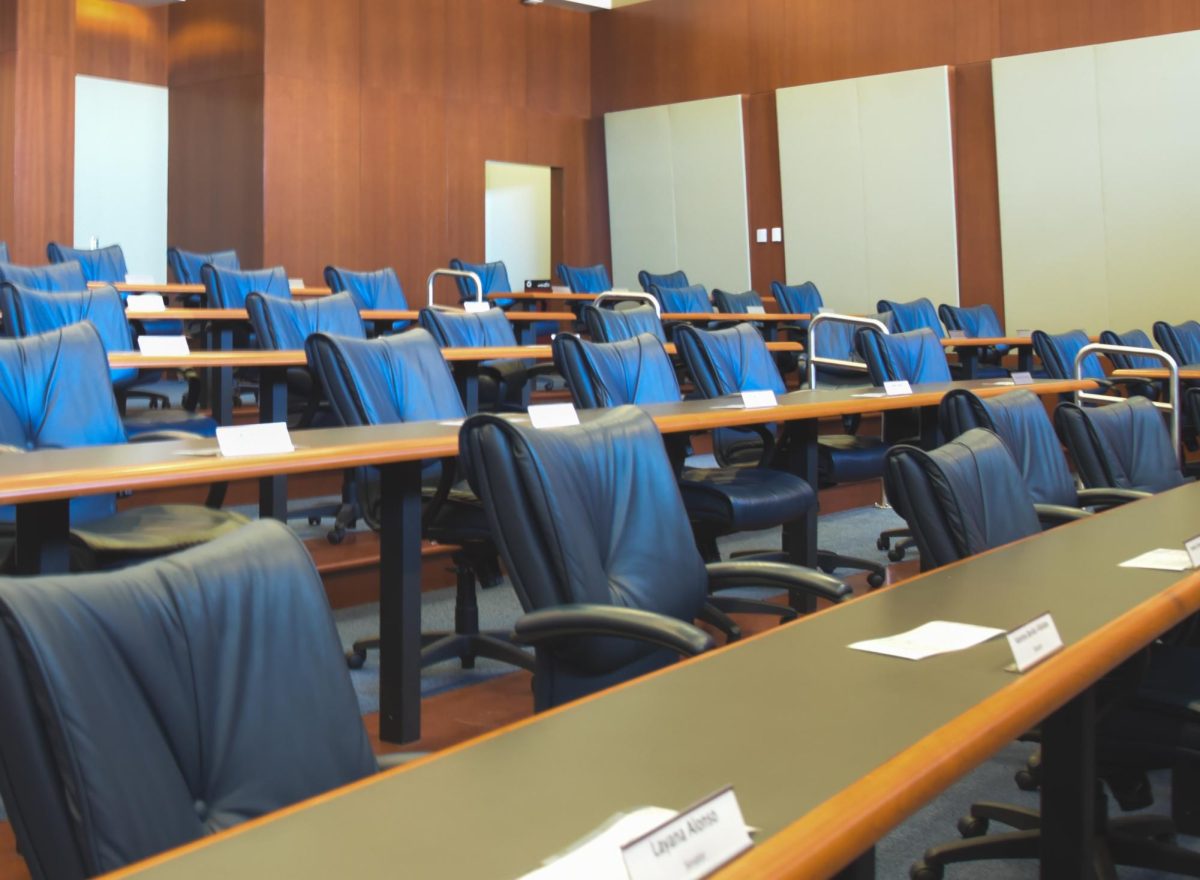[Update: The following article was updated to remove a section titled “‘Unanimous approval’ for special requests over $7,000” because the article implied this was a new proposal. However, the language surrounding special requests exceeding $7,000 had already been approved and the only changes that SB-24S-3763 made to this section were format-related. A new article that reflects this change, along with alterations for clarity and specificity, can be accessed here.]
The University of North Florida Student Government has proposed revisions to Title VIII of its constitution.
Also known as the Finance Code, Title VIII regulates the funding for Registered Student Organizations and the applications of the student-body-generated Activity & Service fee revenue.
The proposal was released to Spinnaker ahead of SG’s next Budget & Allocations Committee meeting on Sept. 6.
View the full outline of changes below or here.
Alcohol at A&S fee-sponsored events
Section 802.8 now clarifies the use of the A&S fee budget for purchases of alcohol at events, according to the proposed revision.
Alcohol still must be purchased and distributed exclusively by third-party vendors for A&S fee-sponsored events.
According to the proposed language, this is only allowed as long as the “sales, service, Purchase, and consumption of alcohol follows the University’s alcohol guidelines. “
Chapter 855 and the tier system
For RSOs, the White, Gray and Blue tier system for tracking durable goods will be changed to Tiers One, Two and Three, respectively, according to the proposal.
Tier Three, formerly the Blue Tier, can now possess up to $10,000 worth of durable goods— an increase from $8,000.
In addition, The placement of RSOs in the tier system will change from an assessment based on the value of their durable goods to “the length of time the RSO has been continuously registered along with shown need.”
After RSO registration each fall semester, the SG’s Treasurer must notify the B&A Committee of all RSOs’ tier status changes and communicate all updates to the RSO in question.
All newly registered RSOs will be given automatic Tier One Status and re-registering RSOs will be granted eligibility for the next tier each fiscal year they re-register.
Treasurer can accept, deny, or decrease tier status ‘for any reason’
According to the proposal, all RSOs that receive more than two “major infractions” during the previous fiscal year will be ineligible for advancement to higher tiers and potentially subject to demotion to lower tiers.
A “major infraction” is an “egregious” violation of the Finance Code relative to the “storage or handling of durable goods, or the accumulation of three (3) minor infractions,” as defined by section 801.26.
A “minor infraction” is a “non-egregious” violation of the code, as defined by section 801.28.
Spinnaker spoke to SG B&A Chair Tommy Mazzella to clarify the difference between major and minor infractions. He said “it depends on each case.”
“[A major infraction is] more just like if you have major damage to something purchased with A&S fee funds,” Mazzella said.
With the proposed revisions, any Tier One RSO that receives more than two infractions will be “ineligible for durable goods purchases for the remainder of the fiscal year” and “subject to review by the Treasurer at the end of the next Fall registration period.”
The Treasurer will also hold the exclusive right to accept, deny or decrease tier status “for any reason.” The B&A Committee and the RSO must be notified of these changes.
RSOs will now submit appeals for tier promotion to the Osprey Involvement Center’s Assistant Director within five days of the Treasurer’s decision. The Club Funding Board will then hear the appeal, where their decision will be final.
If RSOs have shown “repeated or significant loss of durable goods,” the Club Funding Board can conduct a hearing to determine the RSO’s punishment.
The proposal’s added language allows the Treasurer to request a hearing “at any time” at their discretion.
Penalties can now include demotions to top-tier status, but the Club Funding Board will have the final authority to uphold or dismiss any penalties given to RSOs.
If a “major infraction” related to the “repeated or significant loss of durable goods” is administered by the Club Funding Board, the Treasurer will determine if the RSO properly stores its durable goods.
The proposed changes allow the Treasurer to deem an RSO’s storage inadequate “at any point.” The Treasurer will then inform the RSO of their decision and require the organization to meet with the Treasurer “within a month.”
Chair Mazella had no comment on the increased power of the Treasurer, as outlined by the proposed revisions.
If an RSO has not improved its storage after the second meeting, it must attend a hearing with the Club Funding Board to determine penalties for the RSO.
The B&A Committee will meet to vote on the proposed revisions on Sept. 6 at noon in the Senate Chambers, Bldg. 58E Room 3200. If the committee approves, the revisions will still need Senate approval.
The next Senate meeting is Sept. 13 at noon in the Senate Chambers. All SG Senate and Committee meetings are open to the public.
___
For more information or news tips, or if you see an error in this story or have any compliments or concerns, contact editor@unfspinnaker.com.













